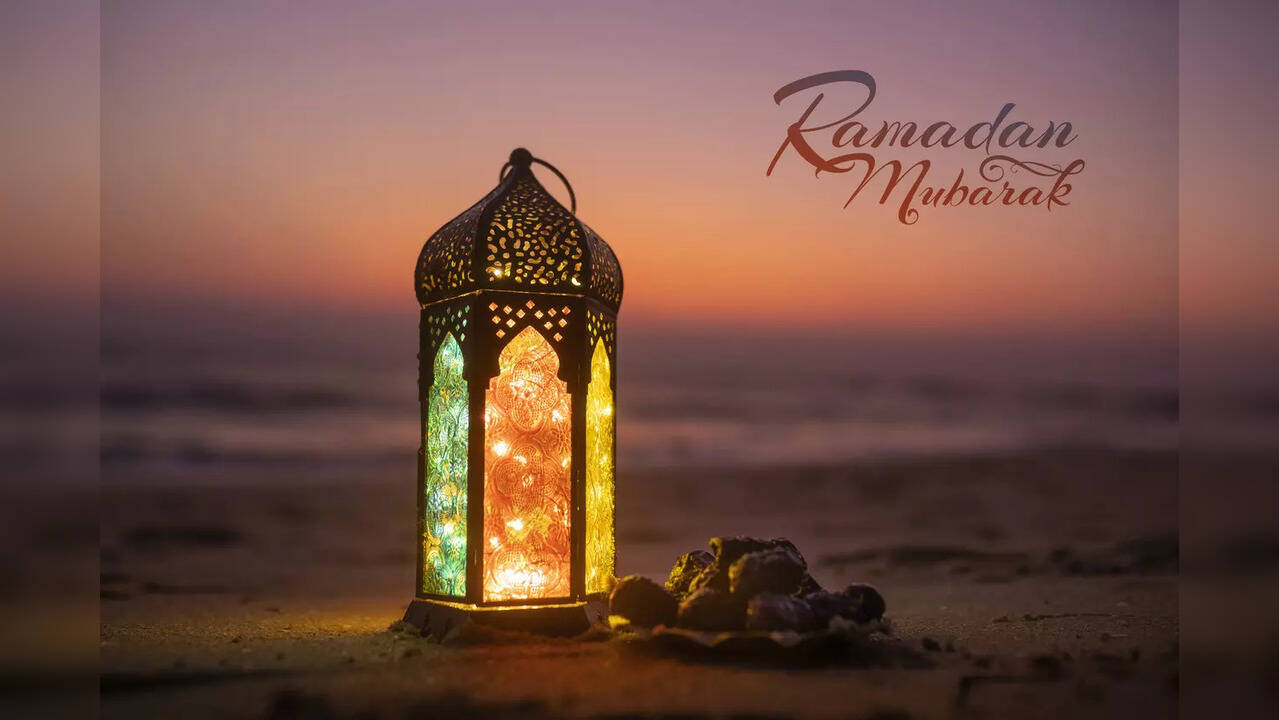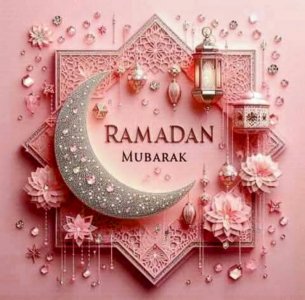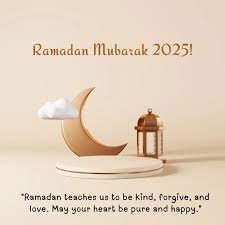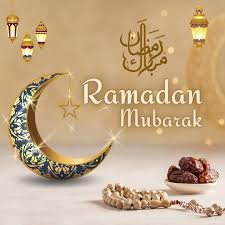OneEyedDiva
SF VIP
- Location
- New Jersey
Ramadan does not occur the same month every year. During Ramadan, fasting and praying abound. Muslims must abstain from food, beverages and intimacy during the daylight hours. Usually the fast is broken in a group setting, sometimes by eating dates before the big meal is served. I do not fast because I am diabetic and prone to hypoglycemia if I wait too long to eat. My son, however is also diabetic and he's been fasting for decades, long before he was diagnosed.
Thank goodness Ramadan is this month. I feel so sorry for those who observe during the long days in the summertime. Since those of us who do not fast are obligated to feed 30 hungry people (or the equivalent), I usually donate money for 30 meals to a local charitable organization that literally feeds wholesome, fresh cooked, hot dinners to whoever lines up on Sunday evenings. How much I need to send is determined by the Brother who runs the program.
We are also required to abstain from other worldly things. For me, that will be not watching shows that feature vulgar language, violence, sex and the like. Unfortunately a couple of shows I really like have started including foul language, in keeping with what seems to be the latest trend. I don't party anymore, so that's no problem. Some Muslims strive to read the entire Quran during Ramadan. The greeting for Muslims during Ramadan is "Ramadan Mubarak". Some reply with "Ramadan Kareem" but that could be the initial greeting as well. From Wikipedia:
Ramadan[a][note 1] is the ninth month of the Islamic calendar. It is observed by Muslims worldwide as a month of fasting (sawm), prayer (salah), reflection, and community.[5] It is also the month in which the Quran is believed to have been revealed to the Islamic prophet Muhammad. The annual observance of Ramadan is regarded as one of the Five Pillars of Islam[6] and lasts twenty-nine to thirty days, from one sighting of the crescent moon to the next.[7][8]
Fasting from dawn to sunset is obligatory (fard) for all adult Muslims who are not acutely or chronically ill, travelling, elderly, breastfeeding, pregnant, or menstruating.[9] The predawn meal is referred to as suhur, and the nightly feast that breaks the fast is called iftar.[10][11] Although rulings (fatawa) have been issued declaring that Muslims who live in regions with a midnight sun or polar night should follow the timetable of Mecca,[12] it is common practice to follow the timetable of the closest country in which night can be distinguished from day.[13][14][15]
https://en.wikipedia.org/wiki/Ramadan
After Ramadan, Muslims celebrate the Eid for three days, by gathering together (usually in their finery), having feasts, giving gifts (optional) and having fun activities for the children. The day starts, however, with the Eid prayer. More about the Eid after Ramadan.
Thank goodness Ramadan is this month. I feel so sorry for those who observe during the long days in the summertime. Since those of us who do not fast are obligated to feed 30 hungry people (or the equivalent), I usually donate money for 30 meals to a local charitable organization that literally feeds wholesome, fresh cooked, hot dinners to whoever lines up on Sunday evenings. How much I need to send is determined by the Brother who runs the program.
We are also required to abstain from other worldly things. For me, that will be not watching shows that feature vulgar language, violence, sex and the like. Unfortunately a couple of shows I really like have started including foul language, in keeping with what seems to be the latest trend. I don't party anymore, so that's no problem. Some Muslims strive to read the entire Quran during Ramadan. The greeting for Muslims during Ramadan is "Ramadan Mubarak". Some reply with "Ramadan Kareem" but that could be the initial greeting as well. From Wikipedia:
Ramadan[a][note 1] is the ninth month of the Islamic calendar. It is observed by Muslims worldwide as a month of fasting (sawm), prayer (salah), reflection, and community.[5] It is also the month in which the Quran is believed to have been revealed to the Islamic prophet Muhammad. The annual observance of Ramadan is regarded as one of the Five Pillars of Islam[6] and lasts twenty-nine to thirty days, from one sighting of the crescent moon to the next.[7][8]
Fasting from dawn to sunset is obligatory (fard) for all adult Muslims who are not acutely or chronically ill, travelling, elderly, breastfeeding, pregnant, or menstruating.[9] The predawn meal is referred to as suhur, and the nightly feast that breaks the fast is called iftar.[10][11] Although rulings (fatawa) have been issued declaring that Muslims who live in regions with a midnight sun or polar night should follow the timetable of Mecca,[12] it is common practice to follow the timetable of the closest country in which night can be distinguished from day.[13][14][15]
https://en.wikipedia.org/wiki/Ramadan
After Ramadan, Muslims celebrate the Eid for three days, by gathering together (usually in their finery), having feasts, giving gifts (optional) and having fun activities for the children. The day starts, however, with the Eid prayer. More about the Eid after Ramadan.
Last edited:






